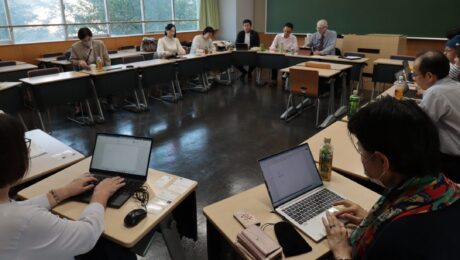Vicarious liability holds employers accountable for employees’ wrongful actions performed within the scope of their employment, especially when operating vehicles for work purposes. This legal responsibility extends to company vehicles and, in some cases, personal vehicles used for work, with liability often hinging on factors like policy enforcement, foreseeability, and proper employee screening. Employers can mitigate risks by implementing clear, consistently enforced vehicle use policies and conducting thorough background checks on employees.
The connection between trauma-informed practices and procedural fairness is profound. By adhering to the principles of procedural fairness, courts can create an environment where individuals feel safe, heard, and supported. Judges must recognize that trauma is often invisible and can affect how litigants engage with the legal system. People with trauma histories may react by
The Justice Speakers Institute (JSI), as part of its ongoing mission to be a global leader in judicial education and to promote justice and the rule of law worldwide, proudly featured JSI Associate Judge Gayle Williams-Byers (Ret.) as a keynote presenter on Trauma-Informed Courts at the 2024 Child Justice Guidelines Training Seminar for Parish Court
In this episode of Justice Speaks, Kaylee Dickenson, West Virginia’s State Drug Court Coordinator, shares insights on treatment court effectiveness, innovative funding models, and overcoming rural challenges. Learn how her leadership helps reduce recidivism, support participants, and shape the future of Drug and Family Treatment Courts in the state.
The Justice Speakers Institute (JSI) envisions promoting justice and the rule of law worldwide by serving as the essential global resource on justice issues. In pursuit of this vision, JSI founders were pleased to travel to Tokyo, Japan, to interview Yasuhiro Maruyama, a Professor of Criminology and Criminal Justice at Rissho University, and a leading












